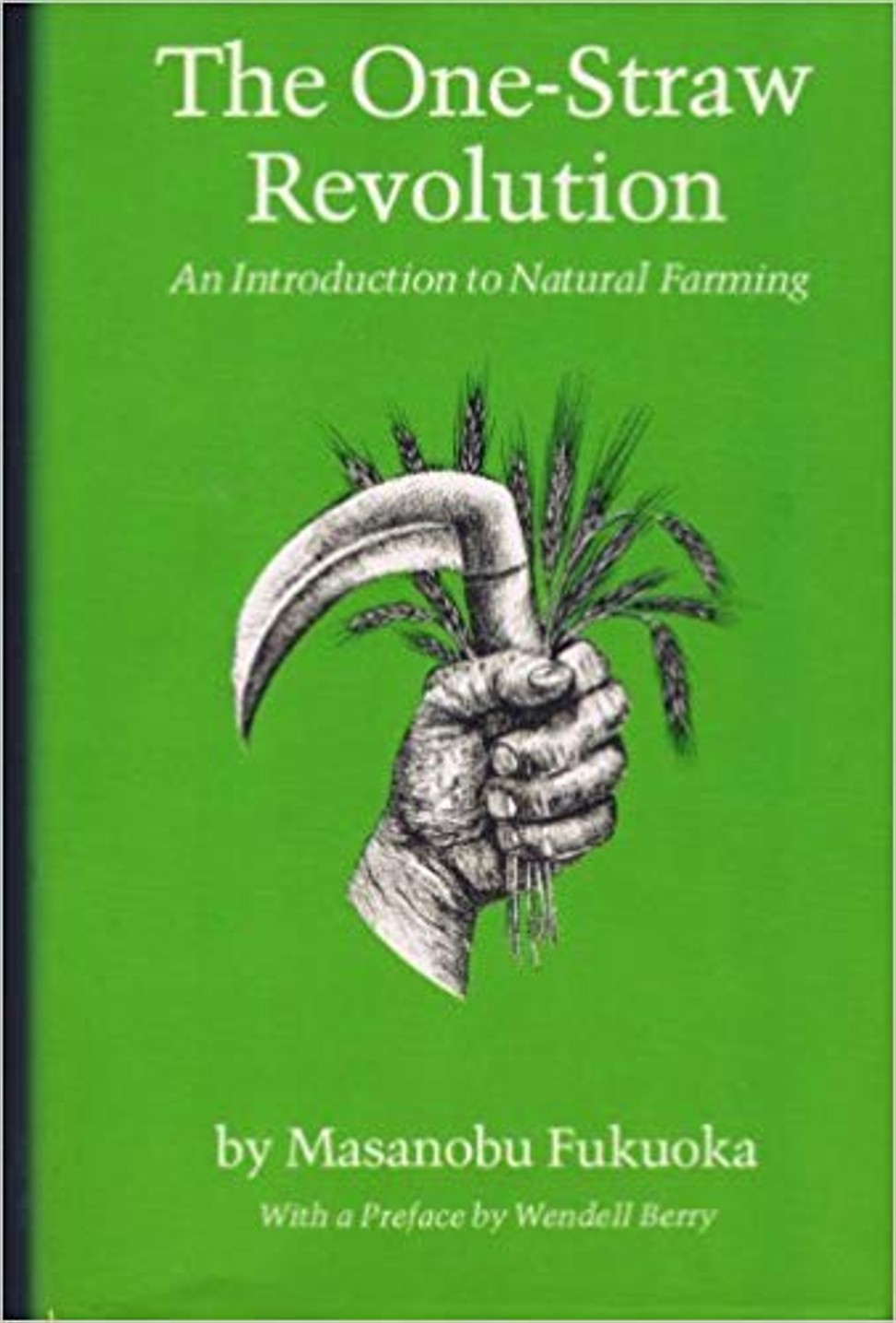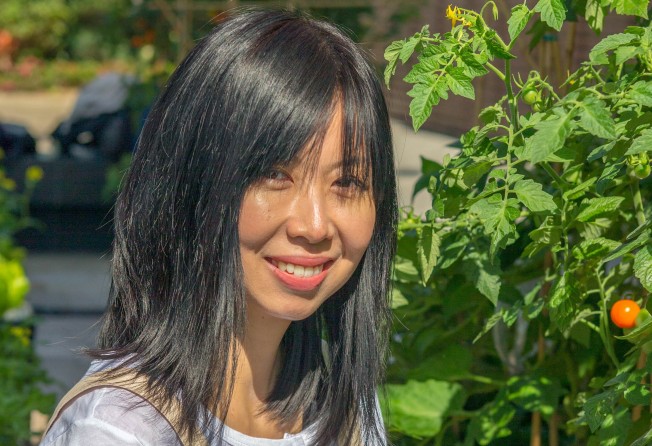
From Singaporean ‘city girl’ to urban famer: Michelle Hong of Rooftop Republic on the book that changed her life
- Author and Japanese natural farming pioneer Masanobu Fukuoka’s The One-Straw Revolution inspired Michelle Hong to give up an advertising career to turn to urban farming

Japanese natural farming pioneer and author Masanobu Fukuoka’s book The One-Straw Revolution (1975) advocates a non-interventionist approach to agriculture, doing as little as possible and working with nature, and recommends applying the same principles to everyday life. Michelle Hong Syen-huei, co-founder of local sustainable urban farming organisation Rooftop Republic, explains how it changed her life.
I read The One-Straw Revolution around 2008. I was working in the advertising industry and the concept of the book was in conflict with what I was doing at the time. I was in the business of creating wealth, but the book is about the philosophy of doing nothing – not in the sense of being lazy, but in the sense of taking what nature can provide and working around it.
It’s a novel way of looking at the world and, at first, I felt disconnected from it as the concept wasn’t something I could relate to. I’m a city girl – I’m from Singapore and lived there until 2008. When I came to Hong Kong, with the pressure of moving to a different city and a new job, I realised I needed to take a break, to look at my life and work out what I wanted to do. I quit my job and decided to explore. I read a lot of books on fair trade, exploitation of workers and social justice, and this book really stood out.
The One-Straw Revolution is written by a Japanese man who trained in agriculture and plant science. He saw how chemical farming was introduced to boost food production. He did a roundabout turn in his life and his colleagues didn’t recognise the man he became. He went back to his home village and discovered a whole philosophy of food that worked with nature instead of against it.

It’s a philosophical way of looking at things that challenges the conventional wisdom that the busier you are, the more you should be able to generate. Simply by creating the best conditions in the field, even insect populations will be in balance. I thought that was a good metaphor for life in general. All my life, I’d been living in places where the mentality is: the more you do, the more you reap. The ideas from the book stayed in my head.
Around the same time, I and the other founders of Rooftop Republic became involved in urban farming. I felt that if I were to go the way he suggests in the book, it would involve packing up my bags and moving to the countryside. In different circumstances, I might have done that, but I’m used to living in the city. I realised that a passion project was what was missing in my life. Urban farming was something I could experience first-hand and be involved in every day.
Four years ago, I and the other co-founders (of Rooftop Republic) took the plunge and committed to urban farming full time. This book really inspired me and helped me create a language to talk to people we work with at Rooftop Republic.